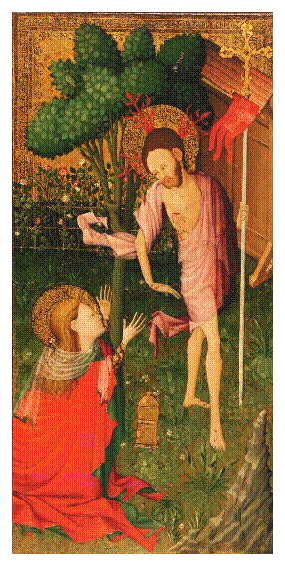
www.My-Bridal-Chamber.com
... Always seek mutual
consent with one another ... |
Select:
|
|
|
|
|
|
||||||||
|
"... The Logos-Wisdom is the principle of all Divine and Esoteric Revelations. She has the characteristics of being the indwelling revealer of God.
She IS the active principle and the transmitter of all Divine knowledge as well as the Cosmological cause of all Creation ..." |
||||||||||
|
|
|
||
|
Luke 6:31(NIV); " Do to others as you would have them do to you. " ... |
|||

